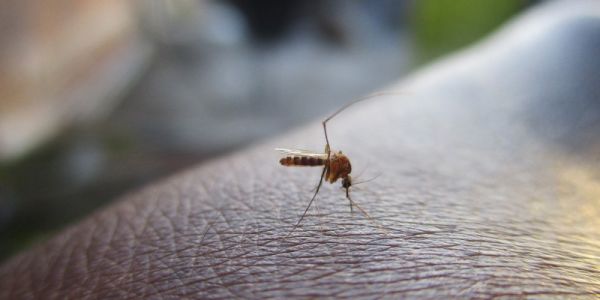
Global food production poses an increasing climate threat
Rising nitrous oxide emissions are jeopardizing climate goals and the Paris Accord, according to a new international study.

Rising nitrous oxide emissions are jeopardizing climate goals and the Paris Accord, according to a new international study.

The Local Government Association has launched new advice developed by experts at the University of Leeds on practical actions local authorities can take to decarbonise transport.

Global energy consumption in 2050 could be reduced to the levels of the 1960s and still provide a decent standard of living for a population three times larger, according to a new study.

Tapping into the myriad uses of plants and fungi could save people and the planet, says new report

Scientists warn that if greenhouse gas emissions continue apace, Greenland and Antarctica’s ice sheets could together contribute more than 39cm to global sea level rise this century.

Research by the University of Leeds has helped secure the highest government protection for internationally-important Vietnamese forests.

A global analysis reveals for the first time that across almost all tree species, fast growing trees have shorter lifespans.

Ice sheets in Greenland and Antarctica whose melting rates are rapidly increasing have raised global sea level by 1.8cm since the 1990s, and are matching worst-case climate warming scenarios.

An international study reveals how future climate change could affect malaria transmission in Africa over the next century.

The renewable energy industry needs to adopt the ideas of a circular economy, where equipment is designed to be reused or remanufactured when it reaches the end of its operational life.